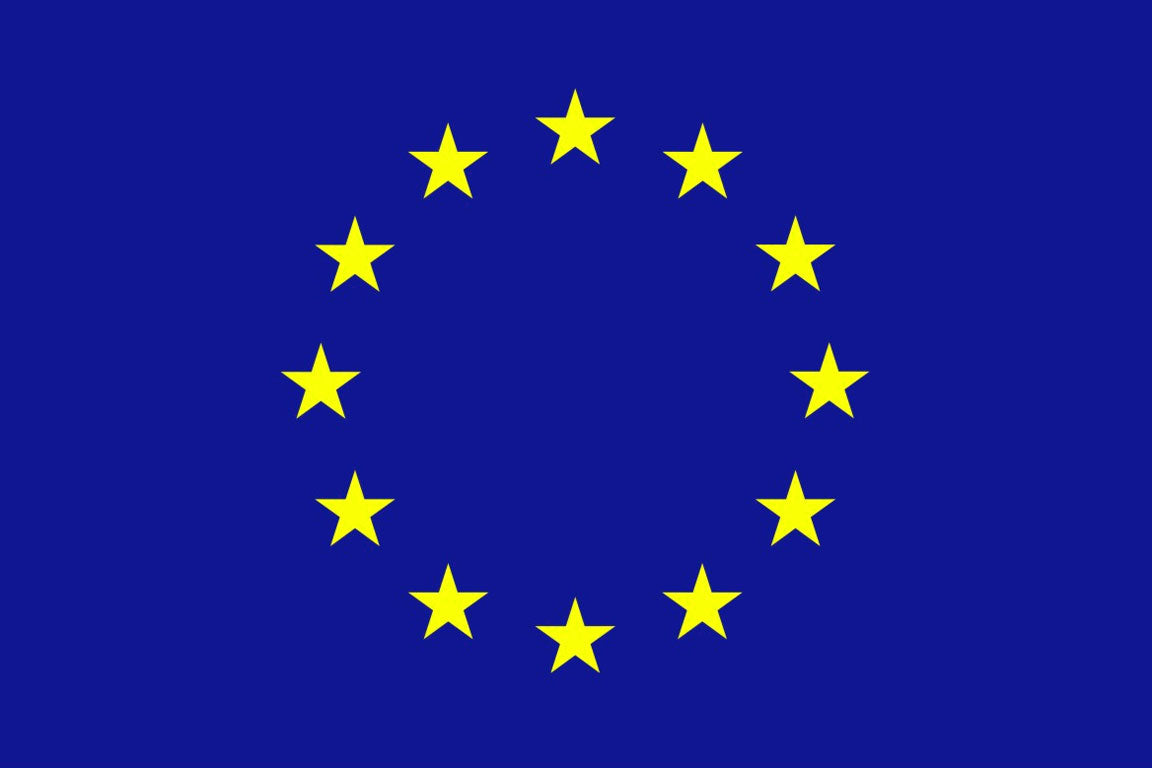
ENERSHARE: European commoN EneRgy dataSpace framework enabling data sHaring-driven Across- and beyond- eneRgy sErvices
The overall vision of ENERSHARE is to develop and demonstrate a European Common Energy Data Space which will deploy an ‘intra-energy’ and ‘cross-sector’ interoperable and trusted Energy Data Ecosystem. Private consumers, business (energy and non-energy) stakeholders and regulated operators will be able to access, share and reuse, based upon voluntary agreements (or legal obligations where such obligations are in
force): (a) Large sources of currently fragmented and dispersed data; (b) Data-driven cross-value chain (energy and non-energy) services and Digital Twins for various purposes.
The ongoing transition towards a more decentralised renewable-based integrated energy system has been going hand in hand with the energy systems digitalisation. Digitisation is making available an enormous amount of data along all the energy value chain, such as from wind energy or PV plants and from electrical loads, which can be used for increased efficient operation of the energy system, while at the same time postponing grid infrastructure upscale. The growth in the number of data transactions is causing a sharp increase in demand for data sharing, driven partly by the need to shape the Energy Transition. New market players are emerging who need access to data for various purposes, and new data sources are appearing all the time – both within and outside the sector. New assets are constantly impacting the energy system (e.g. batteries, electric cars, charging stations, solar panels, thermostats, and private energy management systems). Active management of these data transactions is urgently needed, not only to maintain system stability but also to sustain the EU energy market’s competitive position and to support efficient grid planning and operations. ENERSHARE will leverage on, incorporate and adapt to the energy sector the Data Commons systems paradigm (i.e. Data Spaces, Data Pools), which co-locate data, storage and computing infrastructures with commonly used services and tools for analysing and sharing data to create interoperable resource. The resulting ENERSHARE Data Space will deploy a technological, social, and business/governance framework which consists of:
(1) A technological Reference Implementation for a Common European Data Space adapted to the energy sector, which leverages on, adapts, evolves, and specifically validates leading-edge Data Space architectures (incl. IDSA and GAIA-X), as well as underlying open-source technological implementations for domain- agnostic data-oriented technology components. It will be implemented over a set of complementary use cases, covering energy value chain, and addressing a variety of interaction with other non-energy sectors (financial, healthcare, water, and mobility sectors);
(2) A SSH-driven approach which leverages on a combination of inspiring principles of sharing economy, co- creation and Design Thinking methodologies to bring energy consumers center stage, engage and motivate them to share their energy data;
(3) A Business layer focusing on designing and validating:
(a) Innovative participatory business models, which will allow financial and non-financial data value spreading and sharing along the Data Value Chain stakeholders;
(b) New data-driven value proposition creating additional revenues from deployment of energy and non-energy services for energy and non-energy stakeholders;
(c) A variety of Data Space governance models, which establish the relationships, the decision making responsible stakeholders and the trust among Data Space owners and operators, ranging from centralised, to decentralised and hybrid semi-decentralised models.
In particular, EMOTION will play the role of Charging Point Operator (CPO), electric Mobility Service Provider (eMSP) and EV aggregator in the Italian pilot site, related to cross-value chain data community-centered services for optimising DSO-level grid operation while coordinating with e-mobility and water sectors. EMOTION will focus on:
- services for e-mobility CPOs, EVs drivers (or communities of EV drivers): Prioritisation of recharging and/or parking slot availability in peak hours (e.g. in the night) for consumers sharing EV recharging profiles;
- services for mobility agencies and DSOs: Dynamic parking pricing aligned to the grid congestion level against mobility patterns sharing to DSO.






